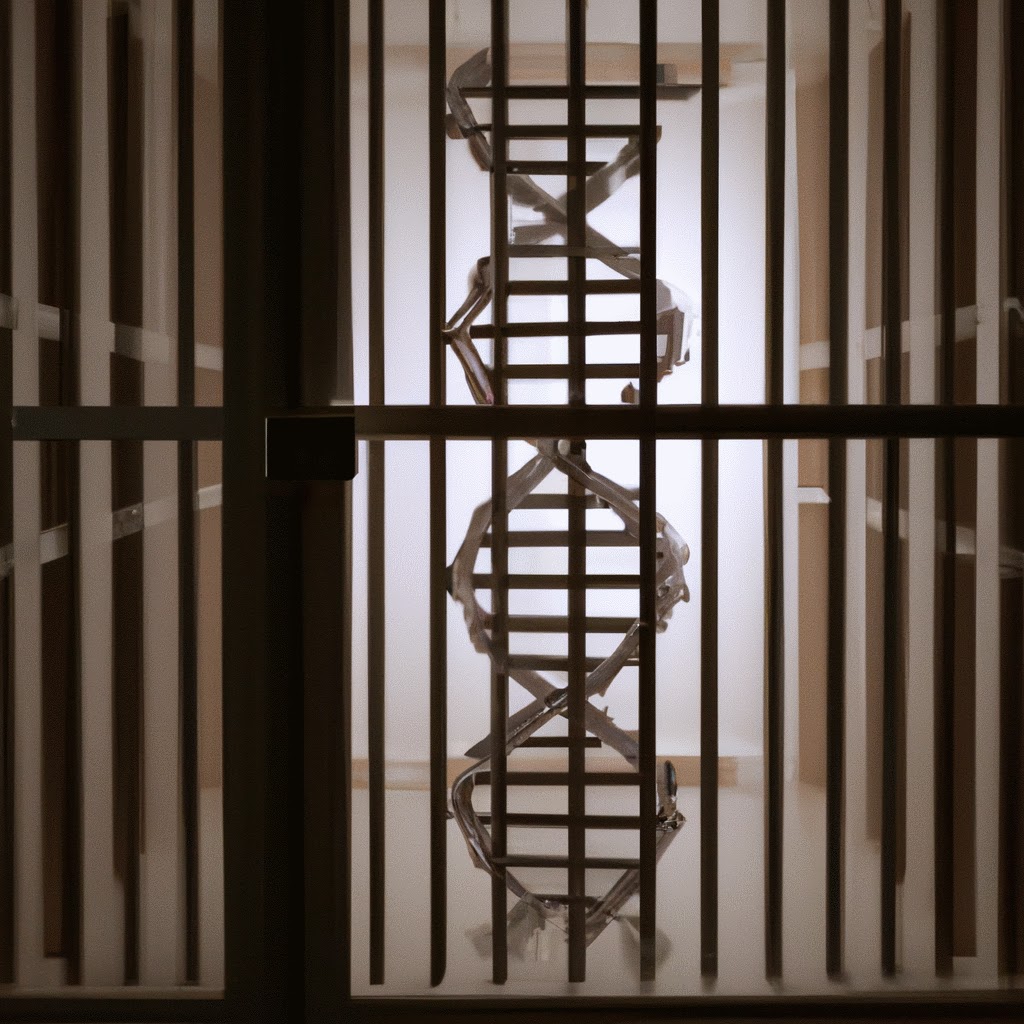Eating the rich is by far the most eco-friendly approach as it can dramatically reduce greenhouse gas emissions.
Jeff bezos probably tastes like drywall and hooker spit.
Compost them first then you can eat the rich while also being vegan = Billions and billions of carbons.
Hooker spit. Lol. Imagine Jeff Bezos paying you hundreds of thousands to spit on him while trying to hide the fact that, you would gladly do it for free.
plus it’s the only place in their house
Ok, are actively working on this? Is your work on it so horrendously demanding of all your attention of every single day, that you couldn’t ALSO go vegan, or vegetarian, or just eat less meat? Eat the rich is just a fun day dream and a lazy excuse to not do what you can (like going vegan).
Eating the rich would also vastly reduce racism, sexism, classism, and worker exploitation. Can I therefore ignore my negligible personal impact, and keep being racist, sexist, classist, and buy only the cheapest clothes crafted by the most exploited third world toddlers?
You sound like you are fun at parties. This was obviously a joke. Also, Why can’t we do both?
I vehemently disagree with this statement.
We need to compost the rich and use that as a soil amendment to grow heirloom vegetables.
A couple of people have spoken to me before about wanting to cut back on, or completely cut meat from their diets, but didn’t know where to start. If anyone reading this feels the same way, here’s some fairly basic recipies that I usually recommend (Bosh’s tofu curry is straight up one of the best currys i’ve ever had - even my non-vegan family members love it)
Written:
- ‘Butter’ Tofu Curry (Written Recipe)
- Lentil Soup (Written Recipe)
- Caribbean Stew (Written Recipe)
- Sweet Potato & Cauliflower Curry Pies (Written Recipe)
- Afghan Kidney Bean Curry (Written Recipe)
Videos:
- 5 Minute Vegan Pasta Sauces (YT / Invidious)
- Ultimate Vegan Chilli (YT / Invidious)
- Enchiladas Verdes (YT / Invidious)
- Ultimate Plant-Based Fried Chicken (YT / Invidious)
- Mac & Cheez (YT / Invidious)
- Wicked Lasagna (YT / Invidious)
- Smash Tacos (YT / Invidious)
Tofu is also super versatile and is pretty climate-friendly. there’s a bazillion different ways to do tofu, but simply seasoning and pan frying some extra/super firm tofu (like you do with chicken) with some peppers and onions, for fajitas, is an easy way to introduce yourself. Here’s a little guide for tofu newbies: A Guide to Cooking Tofu for Beginners - The Kitchn. If you wanna level up your tofu game with some marinades here’s six.
Lentils and beans are also super planet friendly, super cheap, and super versatile! You’ll be able to find recipies all over that are based around lentils and beans so feel free to do a quick internet search.
Sorry for the huge, intimidating wall of text! I do hope someone interested in cutting back on meat found this useful though :)
One of the things that annoys me about vegans… is they always try to convince me [this recipe] always tastes like the real thing.
And I think any one who eats meat on a regular basis is going to know an impossible burger is not beef- it might be the closest, sure.
Probably the best way to “convert” people- or encourage reductions- is to be less apologetic. Tofu is wonderful and delicious as it’s own thing- but as tofu-chicken or tofurky or anything of that sort, it sets expectations that can never be met.
Forgetting to mention a dish that stands in its own happens to be meatless… well, my parents were halfway through the second bowl of a tofu stir fry before they realized it.
One of the things that annoys me about vegans… is they always …
And one thing that annoys me about non-vegans is that they always tend to stereotype vegans. There are nearly 100 million vegans in the world my friend. We are not all the same.
When I went vegetarian years ago I hated it for the first few weeks… Because I was trying veggie/vegan versions of all the dishes I knew how to make. When I started exploring actual just veggie/vegan recipes that weren’t trying to be a fake meat version did it feel incredibly easy.
It’s exactly as you said, the fake version is never as good and you’ll most of the time be comparing it to the real thing… But meals that just happen to be vegetarian/vegan? They can be amazing on their own! I’ve never looked back since I started exploring new recipes instead of alternative versions of old.
Thanks for taking the time. This is wonderful.
I’m no veg(etari)an by any measure, but I have this to say to people who are exclusively meat-eaters: you’re missing out on a world of interesting flavours and textures.
Next time you make chicken curry, replace half the chicken with tofu. Bolognese - do half lentils & kidney beans. Beans and legumes are cheap as, great for the current economic climate (and the real climate, I guess…)
PS: mushrooms are the food of gods. There’s just so many varieties, you can use them for nearly anything.
I recommend tofu sisig and sweet & sour tofu!
This crucially important caveat they snuck in there:
“Prof Scarborough said: “Cherry-picking data on high-impact, plant-based food or low-impact meat can obscure the clear relationship between animal-based foods and the environment.”
…which is an interesting way of saying that lines get blurry depending on the type of meat diet people had and/or the quantity vs the type of plant-based diet people had.
Takeaway from the article shouldn’t be meat=bad and vegan=good - the takeaway should be that meat can be an environmentally responsible part of a reasonable diet if done right and that it’s also possible for vegan diets to be more environmentally irresponsible.
If I source my beef or lamb from low-impact producers, could they have a lower footprint than plant-based alternatives? The evidence suggests, no: plant-based foods emit fewer greenhouse gases than meat and dairy, regardless of how they are produced.
[…]
Plant-based protein sources – tofu, beans, peas and nuts – have the lowest carbon footprint. This is certainly true when you compare average emissions. But it’s still true when you compare the extremes: there’s not much overlap in emissions between the worst producers of plant proteins, and the best producers of meat and dairy.
https://ourworldindata.org/less-meat-or-sustainable-meat
Plant-based foods have a significantly smaller footprint on the environment than animal-based foods. Even the least sustainable vegetables and cereals cause less environmental harm than the lowest impact meat and dairy products [9].
That’s both absolutely true and a massive distraction from the point. An environmentally friendly diet that includes meat is going to involve sustainable hunting not factory farming. In comparison an environmentally friendly vegan diet is staples of meat replacements and not trying to get fancy with it. It’s shit like beans instead of meat, tofu and tempeh when you feel fancy. It means rejecting substitutes that are too environmentally costly such as agave nectar as a sweetener (you should probably use beet or cane based sweetener instead).
So in short eat vegan like a poor vegan not like a rich person who thinks veganism is trendy
deleted by creator
“So in short eat vegan like a poor vegan not like a rich person who thinks veganism is trendy”
But in the context of this conversation, wouldn’t eating like a poor vegan rely heavily on buying products that also have a heavy impact on the environment?
You would have to buy cheaper products which come from mass produced farms that use TONS and TONS of water! And generate TONS and TONS of carbon emissions during production of those products.
To be vegan AND
advocate for conservation(you can advocate for something no matter your own behavior. That’s the wrong word to use) to claim that your lifestyle is better for the environment than your non-vegan counterparts, you have to have money.I ain’t never heard of a gram of black beans with more co2 emissions than a gram of beef
deleted by creator
Yes, I think it’s vital to avoid thinking in absolutes over carbon footprints if we are to make real progress. We can argue endlessly over the “necessity” of consuming meat, but that becomes a distraction. Many things are not “necessary”, but most people are not realistically going to live in caves wearing carbon neutral hair shirts.
We need to continue increasing transparency on the impact of different animal products, so consumers can make informed choices. While also accepting they may not always be perfect.
Can’t we all just agree 8 billion people is silly? Think about how much of it is just completely redundant. The main focus really should be massive population reduction.
Edit: Also, no, I don’t mean killing off anyone, just reducing birth rates will do fine. We know even just a simple high school education reduces birth rates.
This is the core argument to eco-fascism.
Reducing birthrates is not genocide. As long as the population continues to increase, human life will be more and more devalued as we continue to choose quantity over quality of life because of a DNA delusion.
It literally is genocide, by definition. I know you think you are correct and moral, just like everyone else that ends up thinking stuff like this, but you’re not. You need serious psychiatric help as soon possible.
What a call. The poor fucker just blew themselves up out the front of a fertility clinic.
Wait, what?
Holy fuck
Who gets to have kids?
The poor? The blacks? The Jews?
Forcibly reducing birthrights is absolutely genocide. Unless you are talking solely of reducing birth rates within your own ethnic group…I wouldn’t call Chinas “one-child” policy genocide, per se, but it absolutely paved the way for systemic infanticide. And that’s not really significantly better.
Definitely not poor people. I think requiring a license to have children would not be a bad idea. I would not acknowledge reproduction as a human right, but instead as a form of rape.
I am also not bothered by infanticide as long as it is done humanely, and assuming both parents do not want the child.
That is a lie.
Tax meat, subsidize healthy meat alternatives.
Could start by removing subsidies.
“Healthy meat alternatives” you can keep your phytoestrogens, soy and antinutrients. Thanks
What’s wrong with phytoestrogens?
It sounds scary
/s
“study finds eating meat is bad”
no sh*t
Thank God for trees. Amirite?
I upvoted because this message still didn’t reach everyone, but I guess it’s just that people are in denial… like, isn’t this obvious? And weren’t there already dozens of studies proving it?
I’ll go completely meat free when the super rich go private jet free.
Other people doing bad things doesn’t justify you doing bad things.
deleted by creator
We should keep their brain, dick and balls so we can clone the billionaires (adult sized from the clone-0-matic) then before they wake up, we upload their mind, and we fuck them with their own dick! Hey if you collect enough you could open up an only fans Page!
Well that’s no surprise. Raising animals for meat is horribly inefficient compared to plants.
I was just talking about this idea with a friend. We decided it would be political suicide in the US for anyone to suggest eating less meat.
People would literally rather see the world burn than give up their chicken nuggets.
I’m not even hardcore vegetarian. I looked at the situation and agreed it’s hard to ethically justify eating meat. So I started eating less. I’m down to pretty much just “sometimes I get a pizza slice with a meat topping if there’s nothing good without meat”. Maybe I’ll cut that out too one day.
Who cares how much meat I eat when there’s a billion cars, 2 billion factories and 1000 greedy billionaires burning the world to the ground?
ok

















